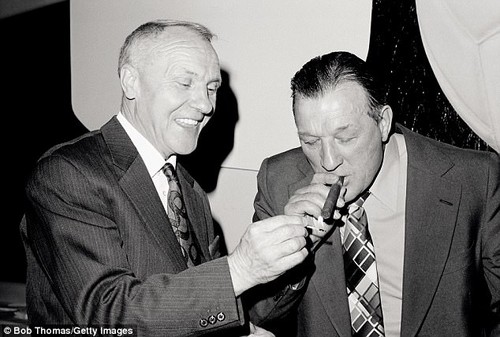
Celebrations to mark the approaching occasion of what would have been the great Bob Paisley's 100th Birthday will be seen at Anfield, on Saturday. Fans on the Kop will create a mosaic with the legend ‘Paisley 100’, in the same way that the 100th Birthday of Bill Shankly was celebrated by them in 2013.
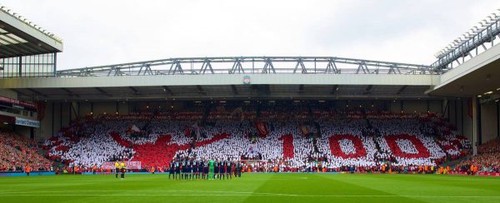
A number of the players who played in his all conquering Liverpool teams will also take to the Anfield turf at half-time, along with members of the Paisley family.
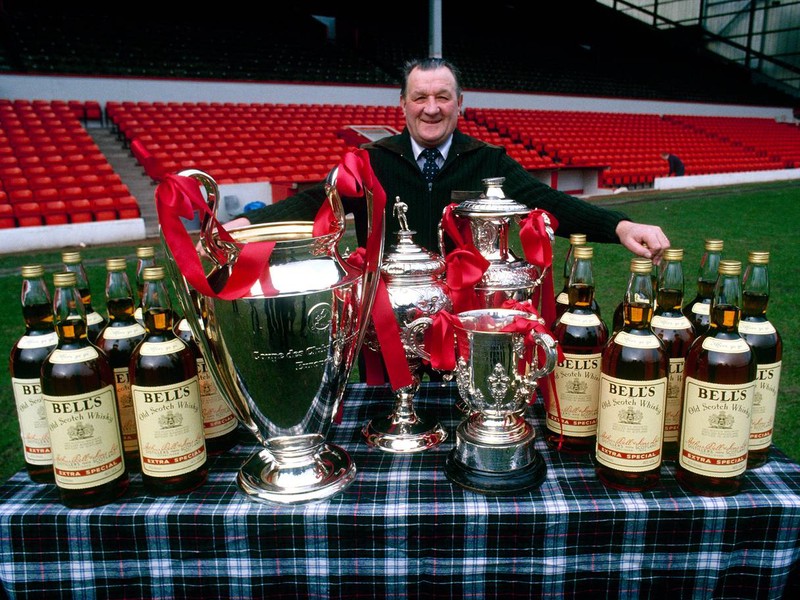
Bob Paisley (1919–1996) was born in County Durham, England, to a coal hewer and his wife. His early football career ended in rejection by Sunderland at the age of 14 and later Tottenham and Wolves. He worked as a pitman and apprentice bricklayer before his break arrived, in 1937, courtesy of a top amateur side of the day, Bishop Auckland. While playing there, he was scouted by Liverpool FC and he joined the reds in 1939 for a fee of £10.
His Liverpool career would be interrupted by the outbreak of World War II, serving as a gunner in the 73rd Royal Artillery and playing football with his regiment, he did not make his defensive debut as wing-half until 1946, earning a reputation as a firm, but fair tackler of the ball and he went on the make 253 first team appearances in the league, 25 in the FA Cup, scoring 13 goals and picking up a league winners medal in 1947.
He nearly left Liverpool in 1950 after being left out of the side that lost in the FA Cup final that year, but thankfully he decided to stay and was appointed club captain the following season. This came at a time when the first team would struggle to avoid relegation and the inevitable happened in 1954, as Paisley considered retirement from the game to become a newsagent, or a greengrocer, but his stay at the club came by the offer of reserve team trainer from Tom Williams, Liverpool director and later chairman.

He was ideally suited to his first coaching role, having completed a correspondence course in physiotherapy, he could diagnose an injury from great distances, he also had remarkable magic hands and an ability to deploy psychological techniques on the players under his charge.
When Bill Shankly arrived from Huddersfield Town in December 1959, the shrewd Scot had the good sense to retain Bob, rather than bring in his own backroom staff and Bob's possible exit from Liverpool was avoided for a third time. Shankly promoted Bob to first team trainer and he complimented the spellbinding Shankly aura with canny tactical insights and player recommendations.
It was to be the beginning of Liverpool's transformation from a club with great potential and Shankly once said that he and Bob never had rows, they had no time, because they had to plan where they were going to keep all the trophies Liverpool won! After Shankly's shock retirement, in 1974, it was Paisley who would take Liverpool to the dizzy heights of European Cup winners in '77, '78 and '81. In total, he hauled in 20 trophies in nine seasons
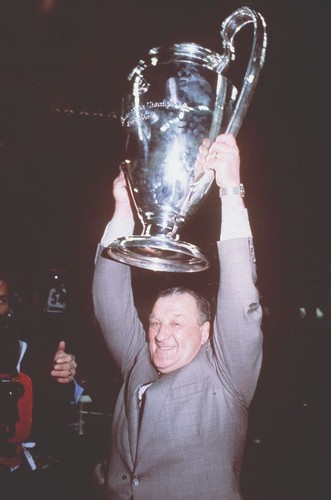
We also shouldn't forget that the old European Cup was a harder competition to win than the Champions League. Only the national champions qualified in the first place and it was a two-leg knockout tournament throughout. One bad game and you could be out, whereas in the Champions league 3rd and sometimes 4th placed teams qualify from the national leagues and teams are seeded in a league format that favours the bigger teams and is more forgiving of some bad performances.
The key to the success of this quiet genius was his understanding of players and astute tactics, as he created a blend of best European and British styles of football, emphasizing a positional intelligence, passing and moving and holding the ball that made the other teams do all the running and chasing, operating as a unit. Not to mention his uncanny knack of spotting a good player from a great distance, seeking out those that were not just wholehearted, but had the vital ingredients of vision and anticipation, because the first two-yards were in the head. Paisley brought the following players to the club; Terry McDermott, Kenny Dalglish, Alan Hansen, Graeme Souness, Phil Neal, Alan Kennedy, Ronnie Whelan, Ian Rush, Bruce Grobbelaar, Mark Lawrenson amongst others, whilst nurturing local talents such as Phil Thompson, Sammy Lee, Jimmy Case, super-sub David Fairclough and Joey Jones.
Alex Ferguson once described Paisley as 'full of cunning', after his Aberdeen team were beaten 5-0 on aggregate in the 1980 European Cup and Paisley's ratio of trophies per season is 2.2, the best of any British manager there has been and this compares to 1.46 for Fergie. The only manager to surpass this ratio in the British game is a non-Brit, Pep Guardiola.
This quietly spoken, unassuming man was a down-to-earth diamond in the rough, an avuncular figure, who didn't like to be praised or made a fuss of and was often lost for words when it invariably came his way. He enjoyed the simple things in life, the last refuge of the complex. He liked to escape to the racecourse, when he could and his ability to analyse the form and pick winners came just as naturally to him. He never dressed in a flashy manner, liked the occasional half larger and to relax at home, doing the gardening. The modern football manager is a very different creature and, with a few exceptions, they're not even half as good as Bob was. He once said he'd been manager during the bad times, one year Liverpool came second! But then he believed second was nowhere and he took Liverpool FC and their fans on a journey they'll never forget.
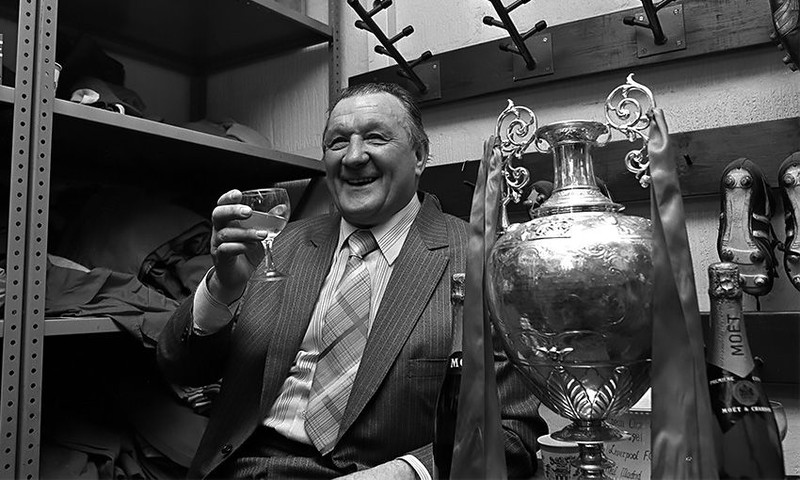
Comments